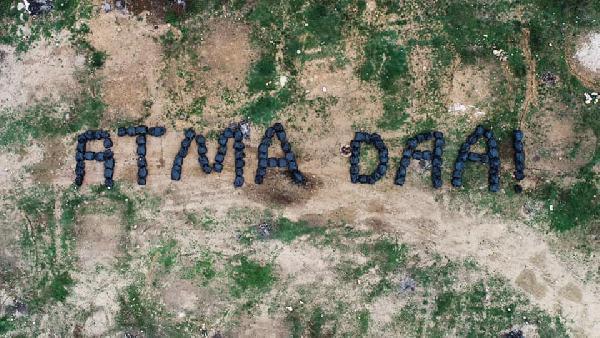The trade in CO2 rights must be more effective, according to the European Commission. All polluting industries have been granted these allowances, but many of them are now likely to be withdrawn. Commissioner Timmermans wants from now on there are just as many emission rights as there are actually polluted.
Now there are too many rights. From next year, Timmermans wants to further limit the rights for polluting industries, according to the European climate action plan. The Dutch European Commissioner wants to accelerate the phasing out, so that emissions go down. The intention is that the price remains high enough to make investments in greening attractive.
Tomorrow, during Prinsjesdag, the Dutch cabinet will present plans for a Dutch CO2 tax. That tax will be less strict than the European tax, that is the intention. The Netherlands has previously argued for a minimum price for emission rights for power plants.
From the fool
MEP Mohammed Chahim (PvdA) welcomes the plans. He thinks it’s crazy that companies now have far too many emission rights. “For example, there is no financial incentive whatsoever from the system, while there is really a lot less to be emitted. Anyone who pollutes has to pay.”
Esther de Lange, vice-chairman of the Christian Democratic EPP group, agrees with Chahim that stricter requirements should be introduced. But she is concerned that the requirements will not go hand in hand with protective measures for the industry. “There must be a level playing field. I still read little concrete about tackling state-supported companies, especially from China, which can produce very polluting climate and environment and thus push clean European companies out of the market.”
Feast for lobby organizations
At Forum for Democracy they are afraid that the climate plans will cause additional costs. Rob Roos fears that the middle incomes in particular will pay for the whole. “TNO calculated last year that the energy transition will not generate extra jobs. That is not a real economy.” He fears a Netherlands that will change into a large industrial area with mainly windmills and solar panels.
The climate action plan has yet to be put into concrete laws. And that is the biggest criticism of Bas Eickhout of GroenLinks. He is satisfied that greenhouse gas emissions must be reduced by at least 55 percent by 2030, but fears for the period between the announcement and the moment when parliament deals with the laws. “It will be a feast of lobby organizations who all want more flexible measures for their own sector.”
The VVD also supports the plans, but spokesman Jan Huitema misses nuclear energy in the plans. “We cannot exclude techniques, we don’t have that luxury.” Furthermore, the liberal spokesman wants the rules to be clear. “Not every few years new rules. Companies now need clarity because otherwise they would not dare to invest.”
–


